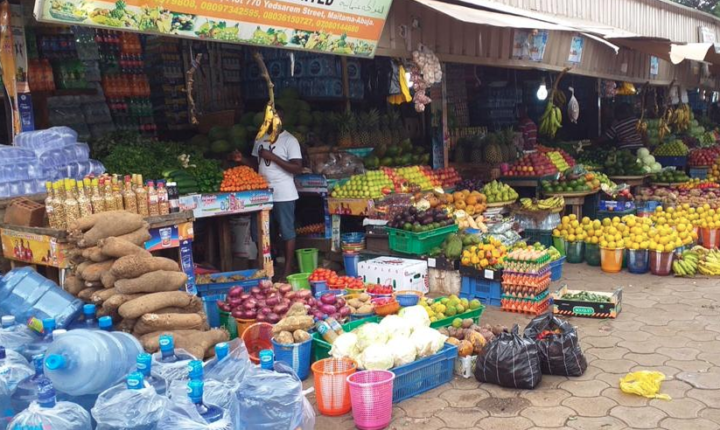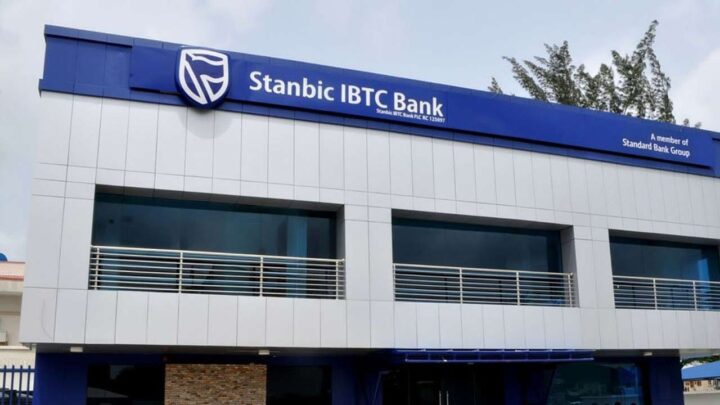Agora Policy, an Abuja-based think tank, says slowing down the money supply and easing the restrictions on international food supply are short-term solutions to Nigeria’s rising food inflation.
The think tank founded by Waziri Adio, former executive secretary of the Nigeria Extractive Industries Transparency Initiative (NEITI), made the recommendations in a report on Tuesday.
According to the National Bureau of Statistics (NBS), the food inflation rate in September 2023 was 30.64 percent on a year-on-year basis.
The Agora report said the escalation in violence, especially in key agriculture-intensive states in the north-west and north-central, is a likely driver of food inflation.
Advertisement
Agora Policy said the floods in 2022 which occurred during the peak harvest season also likely resulted in harvest losses and affected food supply.
“The COVID-19 pandemic and the disruptions to the fertilizer market as well as the markets for other inputs also likely negatively impacted food supply, at least for 2023,” the report said.
The think tank said it is more likely that Nigeria’s increasing restrictions on international food trade have contributed more to domestic food inflation.
Advertisement
“The anti-trade policies such as the border closure and the banning of foreign exchange for some food products have restricted international supply of food and put upward pressure on food prices,” Agora Policy said.
HOW TO TACKLE FOOD INFLATION
Given the likely causes of high food inflation identified, Agora Policy said reducing it involves tackling the challenges on both the demand and supply sides.
According to the think tank, some challenges will be easier to implement and will result in quicker impacts while others will be more long-term.
Advertisement
“On the quick demand side, the obvious policy measure is to slow the growth of money supply,” the statement reads.
“Regardless of what happens to the supply side, if money supply growth continues to be too fast then inflation, and food inflation, will continue trending upwards as well.
“If people’s incomes cannot keep up, then that additional means more affordability problems and even worse food insecurity.”
On the quick supply side, Agora Policy said the obvious policy measure is to ease the restrictions on international food supply.
Advertisement
“The borders may now be open and the restrictions on foreign exchange access for food and fertilizer may have been removed but there are still other significant rest chief of which is the relatively high tariffs on food imports,” the group said.
According to the report, the argument may be that reducing tariffs on food will negatively affect local producers of the food items.
Advertisement
“But there is a case to be made for the consumers as well. Consumer surplus matters and in principle, more people eat food than grow food hence the consumer at least as much as the producers.”
Agora policy said the longer-term supply-side actions include fixing some of the more structural issues that affect food supply; resolving the violence and issues in rural areas; resolving logistical challenges in food transportation; improving the productivity of farmers; and building resilience to climate change.
Advertisement
“These are prescriptions that will be beneficial for food prices and food security in the long-term,” the think tank said.
The think tank said quick wins are needed to halt the consistent price spikes that put food out of the reach of many citizens and potentially put the country at larger risks.
Advertisement
Add a comment






